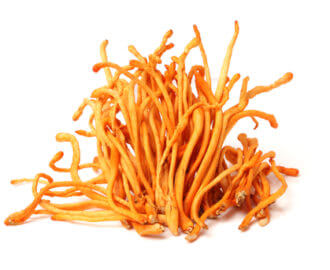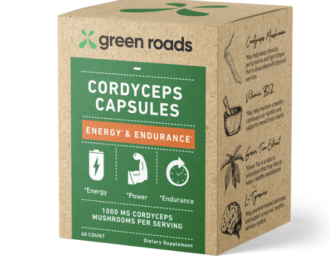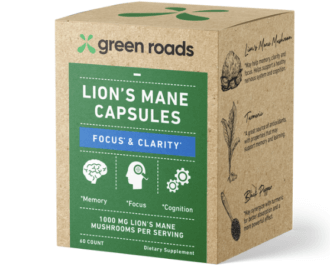Nootropic Benefits You Need To Know
Did you know that if you drink your morning coffee, you’re actually taking in a nootropic? Getting curious about what nootropics are exactly? Well, you’re in the right post! Plus we’re sharing their awesome nootropic benefits for your health and well-being.
Ready?
Nootropics: Brain Booster Benefits For You
As mentioned, something in coffee is a nootropic and it’s probably one of the most popular ones—1,3,7-Trimethylpurine-2,6-dione or caffeine.
Nootropics, also called ‘smart drugs’ or ‘cognitive enhancers,’ are substances or supplements that help enhance your brain function such as motivation, attention, cognition, and memory.
You can have natural or synthetic nootropics. Moreover, two types of nootropics are available: prescription and over-the-counter (OTC).
Physicians prescribe the first type as a treatment for specific medical conditions such as narcolepsy, dementia, Alzheimer’s disease, and attention deficit hyperactivity disorder (ADHD). Examples include Adderall and methylphenidate (Ritalin).
On the other hand, you might be familiar with these common OTC nootropics Omega-3 fatty acids, Gingko Biloba, Panax ginseng, and L-theanine.
- Omega 30 fatty acids have been shown by research to lower the risk of having a heart attack and dying from cardiovascular diseases.
- Gingko biloba is helpful for people with dementia. In fact, a 2020 study concluded that it improved the brain function of elderly with dementia when taken for more than 24 weeks at 240 mg per day.
- Panax ginseng may help in various lung, heart, and kidney diseases.
- L-theanine is found in green and black tea and it may help you focus and sleep better.
Medicinal Mushrooms: Lion’s Mane and Cordyceps
Besides these popular nootropics, you’d want to know about lion’s mane and cordyceps.
Lion’s mane mushrooms, also called hou tou gu or yamabushitake, are white, shaggy, and look like a lion’s mane. Some people swear they taste like crab or lobster.

Lion’s Mane Mushroom
As for its health benefits, they’re backed by research. For instance, a 2018 study has active compounds that may protect the brain from Alzheimer’s disease, ischemic stroke, and Parkinson’s disease. It can protect from memory loss too.
Also, lion’s mane has shown potential in treating anxiety and depression. A Japanese study found that eating this type of mushroom for weeks reduced anxiety and depressive symptoms.
Similarly, cordyceps can help prevent brain decline associated with Alzheimer’s and Parkinson’s as reported in a 2018 study. In the study, Cordyceps militaris extract was given by mouth to mice. At the end of the experiment, they remarked that this nootropic can prevent memory deficits and learning disorders present in those with neurodegenerative diseases.

Cordyceps Militaris Mushroom
Also, the benefits of this mushroom go beyond brain health. In a 2016 study, researchers observed that taking cordyceps supplements for three weeks resulted in better oxygen flow and thus improved exercise performance.
So, if you’d like to experience these benefits, consider getting these mushroom supplements. EveryBody in Mind Wellness Center in Sudbury, Massachusetts offers Green Roads Cordyceps capsules for energy and endurance and Lion’s Mane capsules for focus and clarity. You can order here.


Nootropics Benefits You Need to Know
Now that you’re more familiar with the various types of nootropics, let’s sum up their benefits:
- Boost brain function and memory
- Enhance focus and concentration
- Improve symptoms from mood disorders and neurogenerative issues
- Increase blood flow to the brain to prevent fatigue
- Antiaging and anti-inflammatory properties
And remember to take care of your brain!


